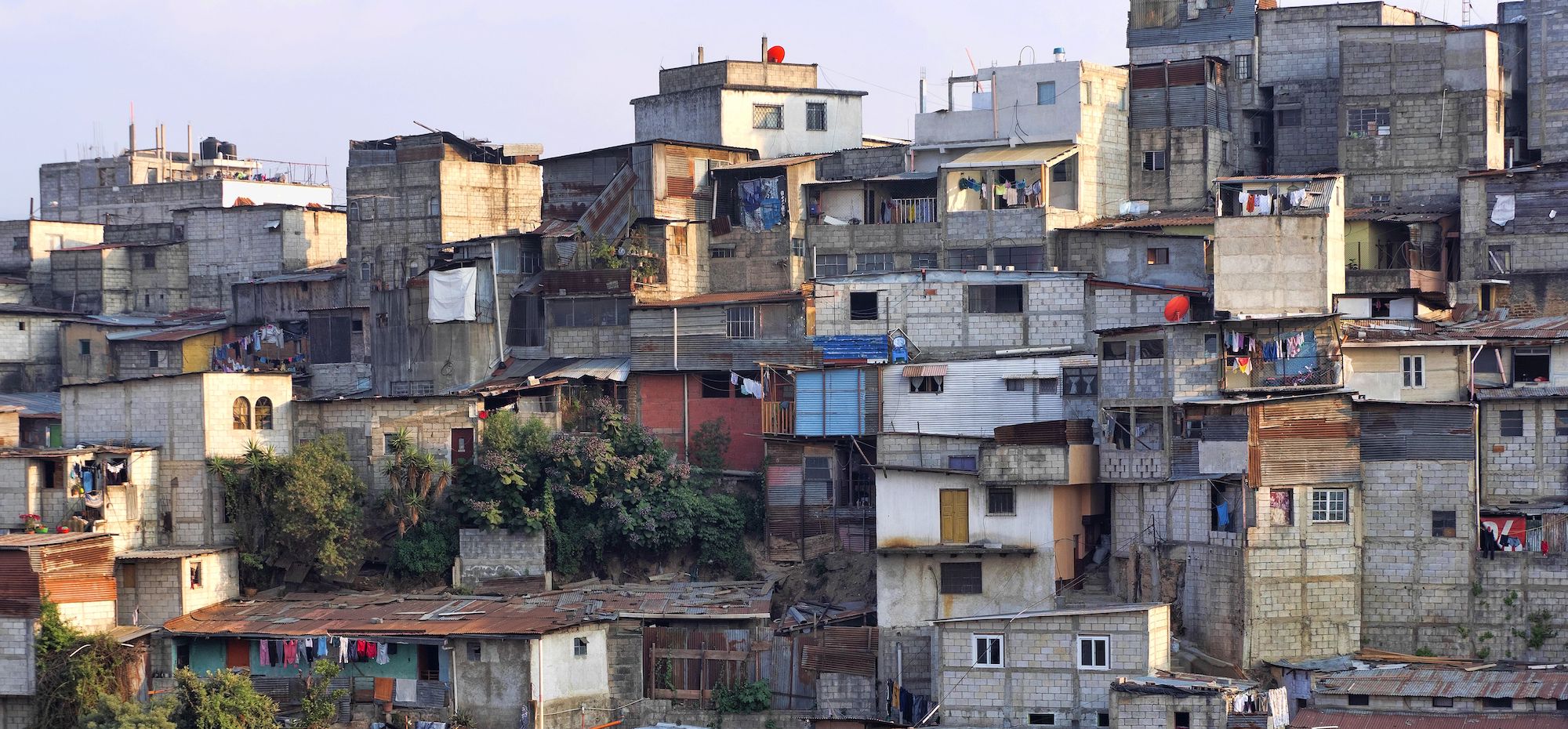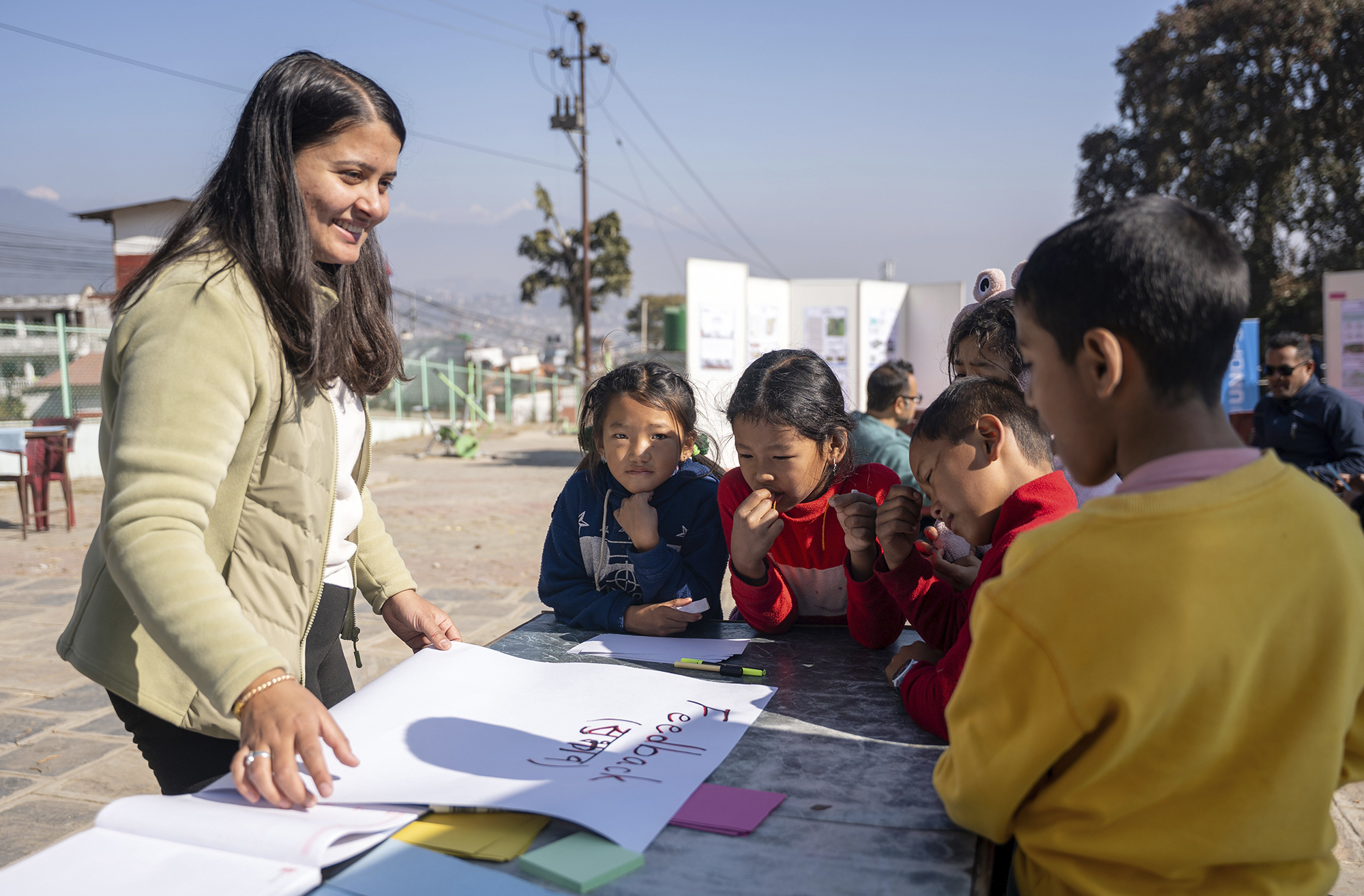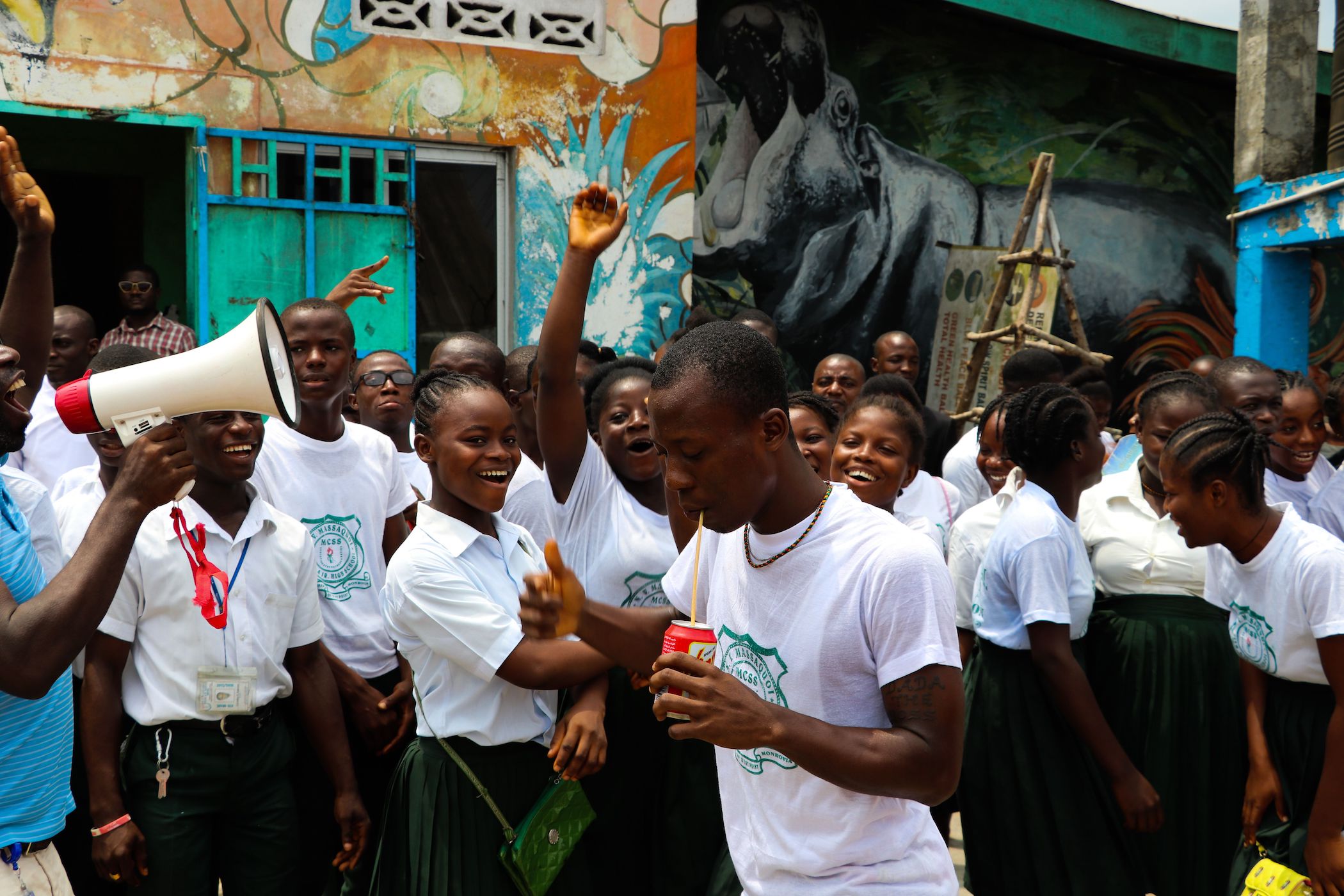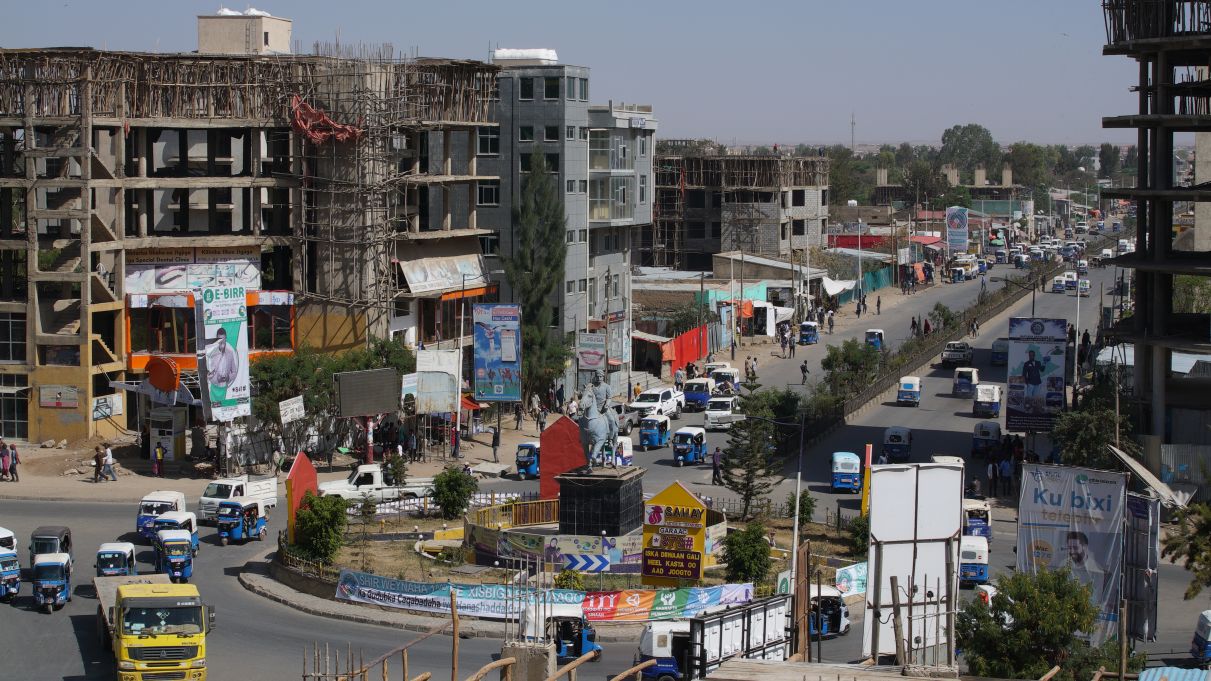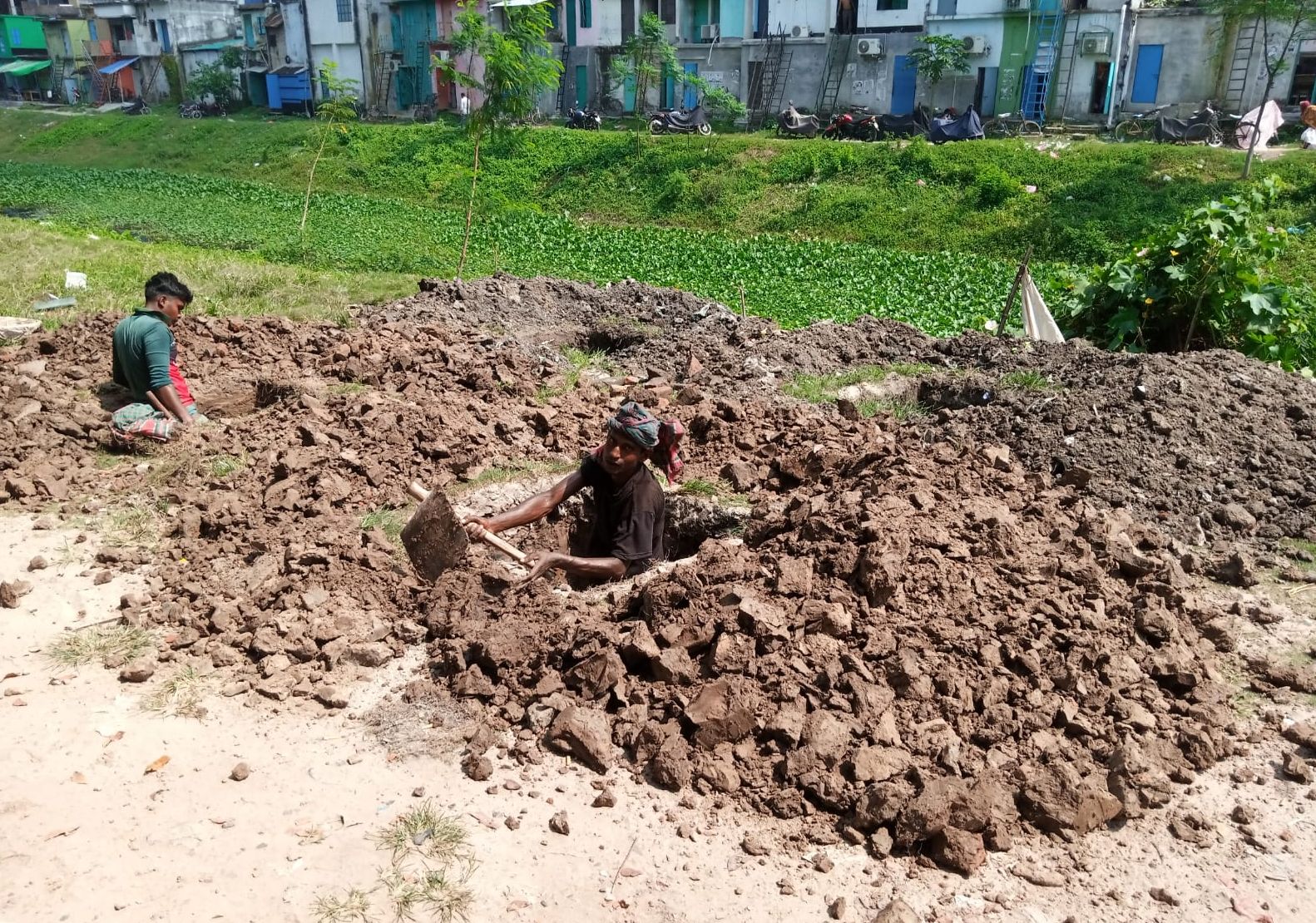When COVID-19 first appeared in 2020, it spread around the world and exposed the vulnerabilities of those hardest hit—slum dwellers, those living in informal settlements.
The two billion informal workers and one billion slum dwellers worldwide remain exposed to hostile policy environments and the sharpest impacts of poverty, social exclusion, climate change, and inadequate public health systems. The COVID-19 pandemic coupled with already insufficient public service provision has exacerbated the vulnerability of low-income communities, the elderly, children, and women.
'At Cities Alliance, we immediately recognized the severity of the COVID pandemic on the most marginalized citizens. In many urban areas across the world, they live in informal settlements, lack access to the most basic services, and live under extremely precarious conditions', says Greg Munro, Director of Cities Alliance.
The pandemic worsened the suffering of the urban poor and highlighted the need to be supported by public policies.
To respond to the emergency, Cities Alliance activated a broader community of practice and mobilized its members to create a Global Task Force on Informality, in support of its mission to tackle the challenges of slum upgrading and alleviate urban poverty globally. As a result of this collaboration, a series of seven publications - the Global Review Series on Informality, was developed.
Cities Alliance's members were closely involved in the process including the World Bank, the German Cooperation Agency GIZ, UN-Habitat, IIED, Habitat for Humanity, the Government of South Africa, UNICEF, AVSI, Slums Dwellers International (SDI), WIEGO, the Swiss Agency for Development and Cooperation (SDC) and the State Secretariat for Economic Affairs (SECO).
Simultaneously and convergent with the community of practice, Cities Alliance set up and facilitated various housing laboratories and virtual exchanges across Latin America and the Caribbean, Africa and Asia. During these events, the community of stakeholders (including the Global Taskforce on Informality) shared experiences and best practices in response to the pandemic in vulnerable, informal urban areas.
The Global Review Series on Informality gather these experiences and practices and synthesize existing literature on key topics of urban informality, through seven papers:
- The Challenge of Slums—An Overview of Past Approaches to Tackle It
- An International Review of Slum Upgrading Practices
- Informal Land Markets—City Government Interventions for Enhancing Land Access and Tenure Security
- Systematic Approaches to Slums—A Review of National and City-Wide Approaches
- COVID-19 and Informality—Good Practices for Reducing Risk and Enhancing Resilience
- Community-Led Mechanisms—For Upgrading Informal Settlements and Informal Work in Southern Cities
- Understanding Informality—Towards a Multi-Dimensional Analysis of the Concept
The publications were produced by a consortium led by the Institute of Latin America of the University of St. Gallen (Brazil) with support from the African Centre for Cities (South Africa), GIZ India, and Jindal University (in India).
Housing Laboratories
The laboratories are exchanges among practitioners and researchers, South-South. They encompass the essence of Cities Alliance’s approach by creating spaces for exchange and constructive action. Overall, they provide a platform for governments and urban actors to converse on urgent responses to the crisis and explore opportunities to improve the living conditions in informal settlements in the long run.

